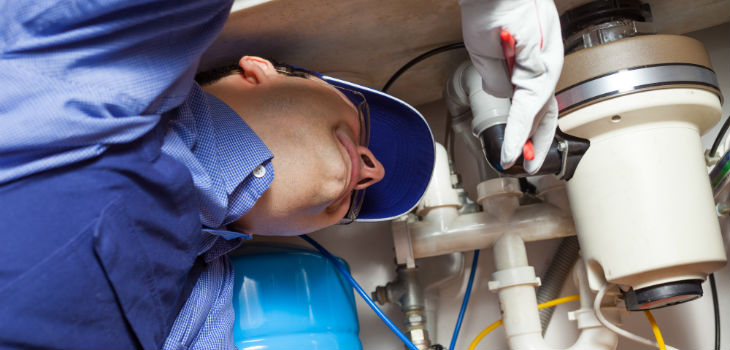9 Things Never To Do To Your House Or Apartment

9) Don’t put garbage down your garbage disposal
Garbage disposals have impellers, or lugs, which are mounted on a spinning plate. As the plate spins the impellers force waste against a stationary grind ring which essentially liquefies the waste. However, when certain waste is put down the disposal it can cause problems, and if done frequently enough will result in you replacing your disposal.
• Fibrous foods such as celery, artichoke, lettuce, carrots, and potato peels can wrap around the impellers causing operating problems.
• Grease, oil, and greasy foods will leave a film on the impellers and grinder. This can lead to decay and a foul smelling odor. In addition, the grease can assist in clogging pipes.
• Egg shells membrane can work the same as fibrous foods, and the shell can be ground into sand like particles that can damage the disposal and clog pipes.
• Starches like pasta and rice can be ground down into a paste that clogs pipes.
• Nonfood items may not break down at all, and can cause both the disposal to break and pipes to clog.
